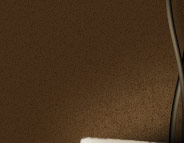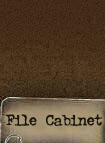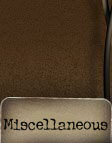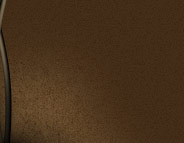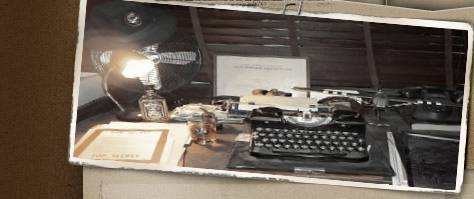 |
| |
|
| |

File No.:
Battle Study # 26
Title:
Location of the Venlo
Incident
Investigation
made at:
Herunerberg #417,
Municipality of Venlo,
Province of Limburg, Kingdom
of the Netherlands, Niederdorfer Straße,
Municipality of Straelen,
Land of Nordrhein-Westfalen,
Federal Republic of Germany
(51°22'54.67"N
6°13'01.97"E)
Period Covered:
09NOV1939
Date:
FEB 2015
Case
Classification:
Location of Historic Events
Status
of Case: Case
Closed
|
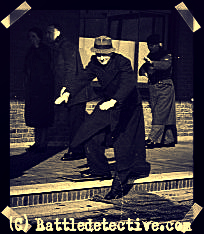 |
REASON FOR INVESTIGATION:
The Venlo Incident was a
covert German Sicherheitsdienst
(SD-Security Service) operation
where two British Secret
Intelligence Service (SIS)
agents were abducted on the
outskirts of the town of Venlo,
the Netherlands, on 09NOV1939.
The incident was later used by
the German Nazi government to
link Britain to Georg Elser's
failed assassination attempt on
German Chancellor Adolf Hitler
at the Bürgerbräukeller in
Munich, Germany, on 08NOV1939
and to justify Germany's
invasion of the Netherlands,
while a neutral country, on
10MAY1940. The incident took
place at the Dutch-German border
at Venlo. This agency visited
the location of the incident.
SYNOPSIS:
Neville Chamberlain on his
return from Munich on 30SEP1938
stood outside Number 10 Downing
Street saying: "My good friends,
for the second time in our
history, a British Prime
Minister has returned from
Germany bringing peace with
honor. I believe it is peace for
our time."
Even after the British
declaration of war on Nazi
Germany on 03SEP1939,
Chamberlain was still interested
in constituting peace with
Germany before much blood shed.
The British government knew of
the existence of a vast
opposition among the top of the
Germany military. During the
fall of 1939 the German
opposition probed the British
government all over Europe but
all diplomatic efforts to avoid
the Second World War during the
days preceding the German
invasion of Poland in 1939 had
come to nothing. So when a
German refugee named Fischer
succeeded in winning the
confidence of the exiled
Catholic leader, Dr. Karl
Spiecker, a British intelligence
informant in the Netherlands,
the British SIS became
interested in the information
Fischer was offering.
|
|
Secret meetings
In early September 1939 a meeting
was arranged between Fischer and the
British SIS agent
CPT Sigismund Payne Best. Best, 54
years old at the time, was an
experienced British Army
intelligence officer who worked
under the cover of a businessman
residing in The Hague. Follow-up
meetings included MAJ Richard Henry
Stevens, a less-experienced
intelligence operative working
covertly for the British SIS as the
Passport Control Officer in The
Hague, Netherlands. To help Best and
Stevens get through Dutch mobilized
zones near the border with Germany,
a young Dutch officer, 1LT Dirk
Klop, was recruited by Chief of the
Dutch Military Intelligence, MAJ GEN
Van Oorschot. Van Oorschot permitted
Klop to attend covert meetings but
not to participate because of the
neutrality of the Netherlands.
During the early meetings Fischer
brought participants posing as
German officers who supported a plot
against Hitler and were interested
in establishing Allied peace terms
should Hitler be removed from power.
When word of Fischer's success in
setting up the meetings with the
British agents reached the Foreign
Intelligence (Counter-Espionage)
section of the Sicherheitsdienst,
Sturmbannführer (MAJ) Walter
Schellenberg began coming to the
meetings. Under his disguise
"Hauptmann (CPT) Schämmel",
Schellenberg was at the time a
trusted operative of Heinrich
Himmler and was in close contact
with Reinhard Heydrich during the
Venlo operation. At the last meeting
between the British SIS agents and
the German SD officers on 8NOV1939,
Schellenberg promised to bring a
general to a meeting scheduled on
the following day. Instead the
Germans brought the talks to an
abrupt end with the kidnapping of
Best and Stevens. |
Nazi motives
Even Hitler considered attacking
a neutral country like The
Netherlands without immediate
"casus belli" [Latin:
justification for war], to be too risky. He
energetically looked for a
motive for carrying out his
plans. This excuse took not long
to come along and received its
carrying out under the name of
the socalled Venlo Incident.
Sequence of events leading up
to the Venlo Incident
On 07NOV1939, Best, MAJ Stevens,
1LT Klop met with two German
officers: 1LT Grosh and MAJ
Schämmel (in fact SD-MAJ
Schellenberg). Klop was
instrumental in holding the
meeting in the Café Backus on
the outskirts of Venlo, as the
location better suited the
Germans, being close to the
border crossing. Best and
Stevens reported London's
answers to their questions.
Though the answers appeared not
to come up to their
expectations, the Germans said
they would pass them on to their
“chief” and proposed a meeting
with him the next day as he was
anxious to entrust “secret
papers” to Best and Stevens for
safekeeping if the plot against
Hitler failed.
On 08NOV1939, Best, MAJ Stevens
and 1LT Klop met only with MAJ
Schämmel at the Café Backus.
MAJ Schämmel said the general
who would initially come had
been called by Hitler to an
urgent meeting in Munich to
consider an appeal for peace
made by the Queen of the
Netherlands and the King of
Belgium. Schämmel asked Best and
Stevens to meet again on the
following day at the Café Backus
so that the general could be
present, adding that as an
“attempt” against Hitler was to
be made on Saturday, tomorrow
would be the last chance for a
meeting.
|
Abduction Raid
On 9NOV1939 the meeting was
planned for 1600. As for the
last meeting, Klop arranged for
a Dutch police guard to be
present at the border. Unlike
previous meetings Best and
Stevens armed themselves with
Browning automatics in case
something went wrong.
Early that day, Schellenberg
received orders from Heinrich
Himmler to abduct the British
SIS agents, Best and Stevens.
German SS-Sonderkommandos (SS
Special Forces; Commandos) under the
operations command of SD man
Alfred Naujocks, carried out the
orders.
Best was at the wheel of his car
when he drove into the car park
at the Café Backus. Stevens was
sitting beside him while 1LT
Klop and Jan Lemmens (Best's
Dutch driver) were sitting in
the back seat. Before Best had
time to get out, Naujocks' SD
men arrived in an open car. In a
brief shootout, Klop was
mortally wounded. After being
handcuffed and stood against a
wall, Best and Stevens, together
with Jan Lemmens were bundled
into the SD car. Klop was put
into Best's car and both cars
were driven off over the border
into Germany. Best recalls a
full body search was performed
on him when they reached
Düsseldorf en route to Berlin.
At Düsseldorf one of the men who
had taken part in the kidnapping
told Best the reason for the
action was to catch some Germans
plotting against the Führer who
were responsible for the attempt
on his life the night before.
1LT Dirk Klop was admitted to a
hospital in Düsseldorf. A doctor
on duty recalled years later
Klop was unconscious when
admitted and died the same day
from a gun wound to the head.
On 10MAY1940 Germany invaded the
Netherlands and held most of the
country under Nazi occupation
until capitulating on 5MAY1945. |
|
(click to enlarge)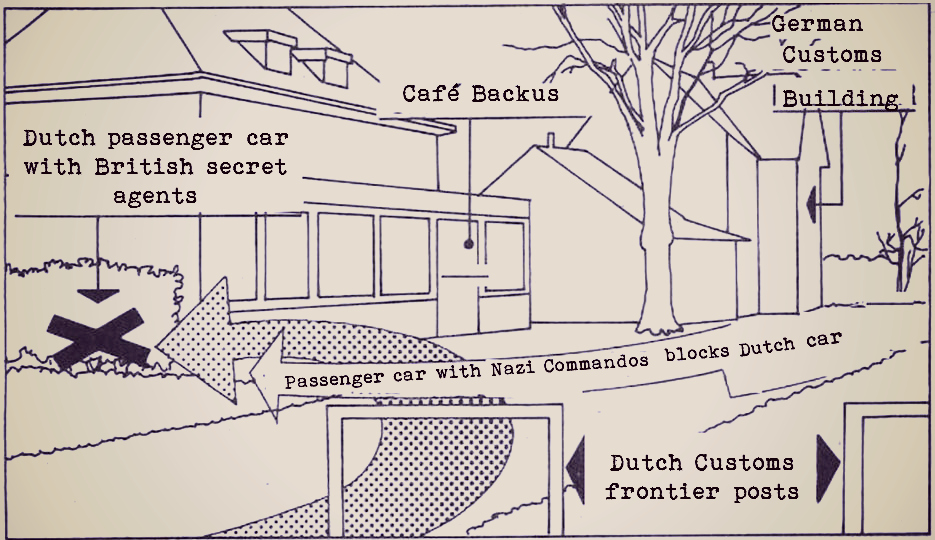 |
|
CONCLUSION:
We visited the location of the
Venlo Incident on the
Herunerberg road near Venlo. The
Café Backus is still in business
on the same location and in the
same building. Today, it is more
of
a convenience store and
supermarket predominantly
selling German customers typical
Dutch items and merchandise
which is cheaper in the
Netherlands. The building of the
German Customs is also still
there but is now closed due to
the free transportation of
people and goods in the European
Community. Walking into German
territory we came with a working
hypothesis of where Alfred Naujock’s SD-raid car sat
waiting for the kidnapping of
Best and Stevens: on a side road
off Niederdorfer Straße just
passed the German Customs
building. |
EXHIBITS:
Then
The Dutch-German border crossing
at the Backus Café "Then":
(click to enlarge)
    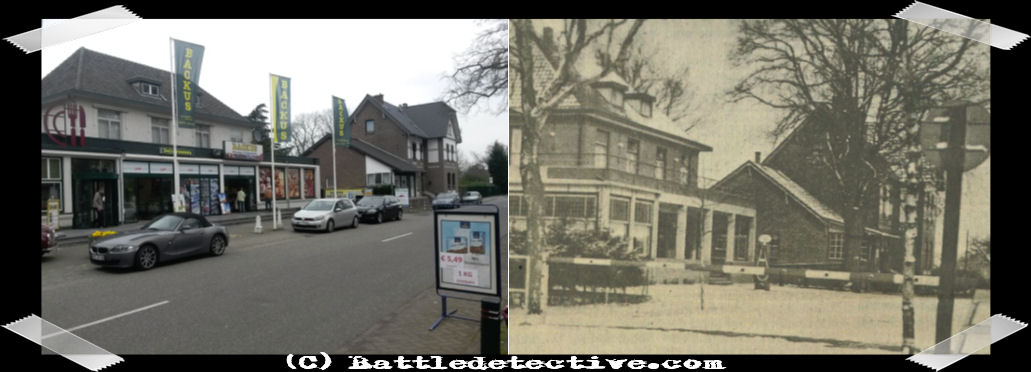
Backus Café
and frontier in the 1930's |
|
Now
The border at the Backus Café
"Now":
(click to enlarge)
    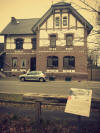
Backus Café
and old German Customs building
  
The German
side and side road off
Niederdorfer Straße
|
|
Reenactment:
The Backus Café during a 1948
reconstruction of the Venlo Incident
at the exact site with Dutch Customs
border guards and actors in civilian
clothes standing in for the British
agents and their Dutch entourage:
(click to enlarge)
   |
|
Back to Battle Studies
 |
| |
|
|
| |
| |
| |
| |
| |
| |
|
